THE IMPORTANCE OF ORAL HISTORY
 In recent years oral history has emerged as a powerful means of recording and preserving the unique memories and life experiences of people whose stories might otherwise have been lost. It enables us to eavesdrop on events, feelings, attitudes and ways of life which have been hidden from history, and thus create a more vivid and accurate picture of our past. Few historians and researchers can now afford to neglect the insights that oral sources provide. Oral history can enliven static displays in museums and galleries and more directly engage visitors in their own past. Reminiscence techniques can be used in older people’s residential homes and in the community, both to entertain and to encourage a sense of self-worth. Oral history has a firm place in schools as an interactive and shared experience offering children a rare chance to question history face-to-face while bringing generations together.
In recent years oral history has emerged as a powerful means of recording and preserving the unique memories and life experiences of people whose stories might otherwise have been lost. It enables us to eavesdrop on events, feelings, attitudes and ways of life which have been hidden from history, and thus create a more vivid and accurate picture of our past. Few historians and researchers can now afford to neglect the insights that oral sources provide. Oral history can enliven static displays in museums and galleries and more directly engage visitors in their own past. Reminiscence techniques can be used in older people’s residential homes and in the community, both to entertain and to encourage a sense of self-worth. Oral history has a firm place in schools as an interactive and shared experience offering children a rare chance to question history face-to-face while bringing generations together.
The links below will open typed versions of the oral history recordings made for each person:
